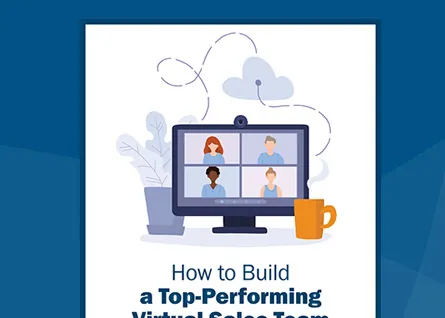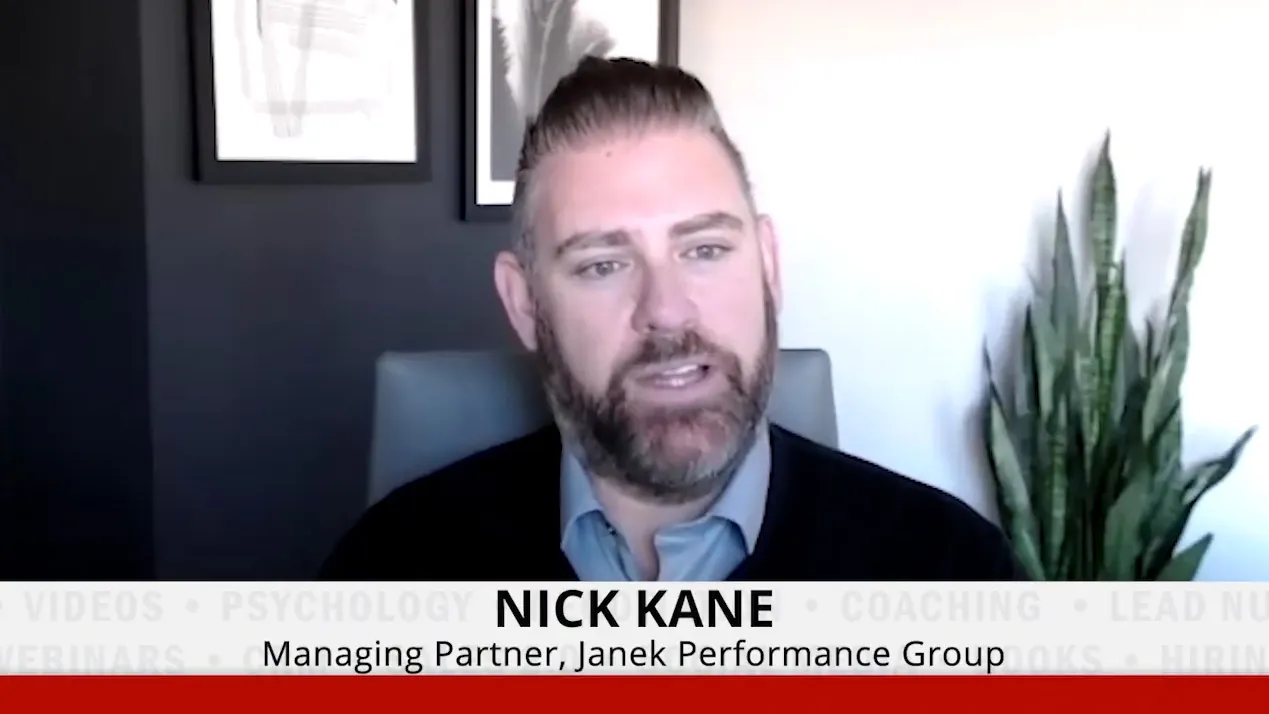The 8 Most Common Mistakes When Hiring Sales Professionals

A great sales team does not happen by accident. It is a process that begins the moment you decide to bring on new talent. From crafting an ad to conducting final interviews, this process should not be taken for granted. To land the best applicants, there’s no room for error. Remember, the sales pros you choose will significantly impact the short- and long-term success of your team. However, many sales organizations often make the same mistakes, which can prove costly and waste both the organization and the applicant’s time. Here are the eight most common mistakes sales organizations make when hiring new sales reps:
- Quality of the Post
While the job post is the first step in the process, many organizations take a perfunctory approach. They figure they’ll recognize the best candidate once one appears. However, they forget a specific post that accurately lists the position, duties, expectations, and attributes can net your organization the candidates most likely to succeed. In addition, a high-quality post should also sell the company and the opportunity as exciting. To reach the best reps, it should distinguish your organization above your competition and highlight an environment and culture that set you apart.
- Poor Sourcing
Whether you employ a recruiting service or rely solely on the posts you create, you are only targeting those actively looking for a job. This significantly reduces the pool of applicants. Many times, the best candidates are already employed. They may be perfectly content or merely muddling through, but unless they have started the process of looking, they are off your radar. These days, social media is the modern equivalent of the classified ad combined with a networking event. Those looking for work and those open to the right opportunity are congregated on the same sites, such as LinkedIn, where you can search profiles, gauge experience, and find common connections to make introductions.
- Overtrusting Your Gut
We’ve all known managers who brag about their gut feeling, the mystical sense that tells them a candidate is right. Unfortunately, they never tell you their gut feeling left for another job after six months. This is not to disparage instant connections or instinctive reactions. Science tells us our gut feelings are valuable to avoid danger and maintain order in our sometimes-chaotic lives. However, there can be too much of a good thing. When it comes to hiring, gut feelings can lead to tunnel vision or an inability to see red flags you could pay for later.
- Relying on Work History Alone
Like the gut feeling, relying too much on work experience is another common mistake. Of course, it is important to judge what the candidate has done in other positions that can be relevant to yours. However, all sales organizations have unique processes. In addition, all sales positions are not created equal. Hiring managers must consider the types of products and services they sell, the industries and work environments, as well as a candidate’s motivation, communication, and personality before deciding if they are a good fit for your organization. Previous success does not necessarily mean they will excel in a different environment. It also does not indicate an ability to adapt.
- Not Mixing Prepared and Spur-of-the-Moment Questions
Good salespeople know that sales scripts and email templates are, at best, starting points. The same is true for interview questions. Canned questions only elicit canned responses. Of course, some questions are essential, such tell us asking about experience, accomplishments, proudest achievement, etc., but a successful interview also mixes in unexpected questions to get honest, unprepared responses. Of course, this does not mean asking who would win a modern rematch between Godzilla and Magalon. However, consider situational questions to make candidates think on their feet, such as, “If your client balks at your price, how would you reapproach the negotiation?”
- Assessments Not Specific to Sales Pros
If using assessments to determine whether a candidate is the right fit, be sure they evaluate sales talent. If not, you could be hiring good workers but poor sellers. Sales requires unique traits and competencies. More than just being personable, sellers should be practiced arm-chair psychologists and good active listeners. They should be fluent in nonverbal communication and able to express empathy. These are the soft skills most relevant to sales success. Of course, depending on the level of sales pro being hired, such as SDRs, applicants may still develop such traits and skills. Still, assessments should gauge sales-specific traits like motivation, the ability to think outside the box, and adaptability to new situations.
- Inferior Interviewer Skills
As a CRM is only as useful as the information entered, the success of an interview is often dependent on the skill of the interviewer. Not all sales professionals will make good human resources personnel, and not all human resources personnel will make good salespeople. An interviewer who stutters, seems disinterested, or fails to ask relevant, interesting questions will not create a positive impression on the job seeker. Remember, good salespeople create connections with clients. An interviewer who cannot connect with an applicant may not be the best judge of a salesperson. If the interviewer lacks interview skills, your organization could miss a great salesperson or lose an applicant to a position elsewhere.
- Lacking a Diverse Panel
Once an applicant gets past your initial screening, it’s important your hiring panel be as diverse as possible. Quite simply, candidates’ priorities have evolved, and your organization needs to present its best face. Today, that means it is gender and ethnically diverse. Top sales organizations know their teams must reflect their clients. At the same time, a panel that lacks diversity may send the wrong message to applicants, who may not feel comfortable with your organization. In addition, your team is in the best position to answer questions or raise important issues and considerations. They, too, have a stake in who joins, and they can provide insight to help make the most informed decisions.

- Account Planning (11)
- Awards (49)
- Client Testimonial (37)
- Personal Branding (19)
- Podcast (11)
- Research (70)
- Sales Career Development (87)
- Sales Coaching (156)
- Sales Consulting (137)
- Sales Culture (170)
- Sales Enablement (354)
- Sales Leadership (110)
- Sales Management (248)
- Sales Negotiation (16)
- Sales Prospecting (124)
- Sales Role-Playing (18)
- Sales Training (234)
- Selling Strategies (263)
- Soft Skills (70)
- Talent Management (94)
- Trusted Advisor (27)
- Virtual Selling (49)
- Webinar (9)


























